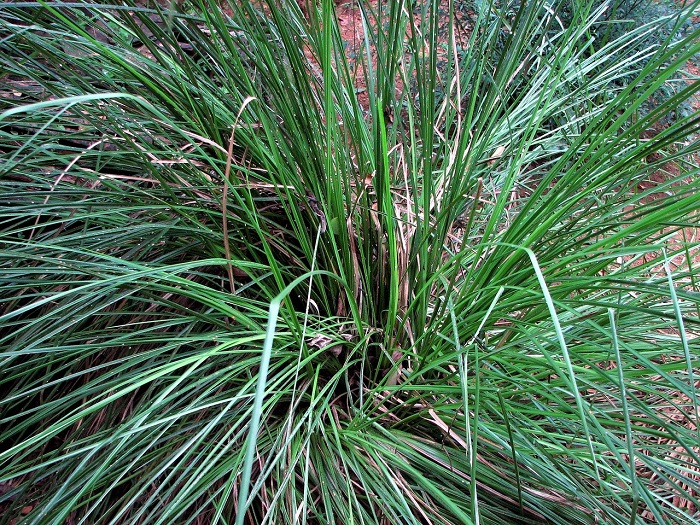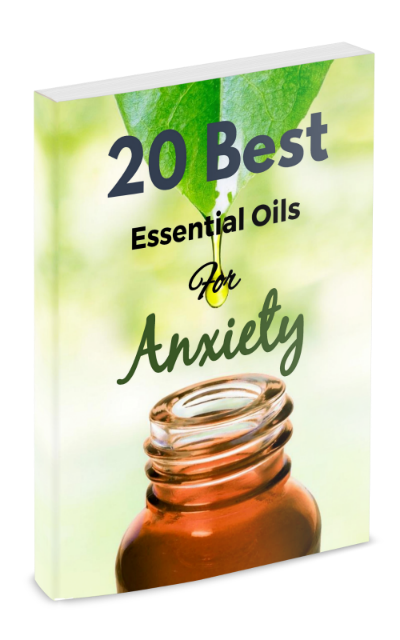Vetiver essential oil is derived from the grass Chrysopogon zizanioides which is native to India, where it’s called vetiver or khus.
The essential oil of vetiver is made by distilling the roots of the vetiver plant. The resulting oil is rich, resinous and has a sweet and warm scent with woody and smoky notes.

Use of Vetiver Essential Oil for the Body
Essential oil of vetiver acts as an antiseptic and can stop the spreading of bacteria and other microorganisms and aid in healing wounds.
It also acts as an anti-inflammatory and can soothe and cool inflamed areas. Together with its cicatrizing effects, this makes vetiver oil a common ingredient in massage oils.
The essential oil of vetiver is being studied for its antioxidant properties. The potential applications of these properties include anti-ageing, cancer treatment, and detoxification.
Vetiver is often used for flavoring. There is a belief that the essential oil of vetiver is an aphrodisiac. It can also be used as a tonic which boosts the immune system and helps the nervous system.
Use of Vetiver Essential Oil for the Mind
Vetiver essential oil has a restorative, relaxing, and uplifting effects on the mind. It provides its users with a sense of reassuring strength.
The essential oil of vetiver can give us a sense of potency, the power to affect change and reconnects us with our vital source.
Vetiver Essential Oil Relieves:
- Mental Exhaustion
- Overheated and hyperactive mind
- Physical and emotional burnout
Vetiver in Ancient History
Vetiver was used in the Ayurvedic medicine for its cooling and pacifying properties. Being a renowned plant in India, it was mentioned in the scripture Bhagavad Gita. Lord Vishnu said about it “I am the fragrance of the soil.”
Vetiver was praised since ancient times for its oil, called khus oil. It was often used in perfumery and was traded for those purposes.
Vetiver in Modern History
In the thirteenth century India, vetiver was a taxable good. While used for the production of oil for perfumery and traditional medicine, vetiver also had other properties that made it popular. It was used as a bug repellent, and was commonly woven into mattresses.
In Europe, it was used mostly to create perfumes. This is evident from Cassell’s Household Guide, published by Cassell, Petter, and Galpin in 1869:
“The rhizome of an Indian grass known as vetiver, or kus-kus, a kind of dog-grass, a native of India, possessing an agreeable aromatic odour, was at one time much employed in perfumery. The old-fashioned scent called marechale is indebted for much of its peculiar perfume to this substance.“
The Marechal scent was first created in the second half of the seventeenth century. We know that Europeans used vetiver at least that far in history.
More recently, vetiver is being looked in for its agricultural benefits. The fact that it helps enrich the soil was known in ancient India. The plant, due to its long root, is also beneficial in fighting land erosion.
Vetiver Essential Oil Cautions
Vetiver essential oil is among the safest essential oils for human use. However, it is possible that some people may experience sensitive reactions to it. During pregnancy or when nursing, vetiver essential oil should be used with caution.


